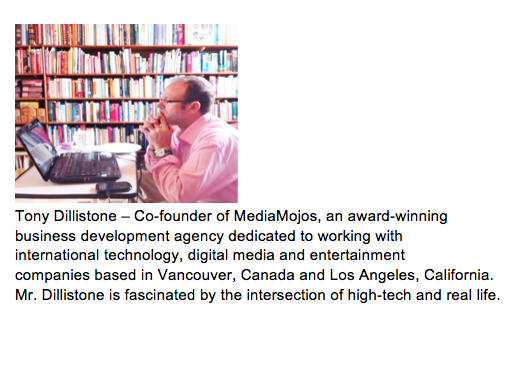
There has been a lot of discussion lately and growing awareness of the need for the re-education of the global workforce, across the board, from blue-to-white collar. The reason for these discussions is that human employment opportunities are changing dramatically, lessening, or in some cases, vanishing entirely with the advent of digital technologies and Artificial Intelligence solutions. The increasing penetration of digital technology into nearly every type of business and workplace has caused concern among scholars, employers and employees. How do you educate yourself to compete with a robot or a computer?
Jobs typically filled by those entering the workforce or retirees – such as counter-staff at such mega-firms as McDonald’s - are increasingly unavailable as such companies are opting to experiment with digital customer interactions. McDonald’s has been rolling out “digital kiosk order boards” where customers can make their food choices and pay for their items without speaking to an employee.
Business and Wall Street communities are reacting very positively to what McDonald’s terms its “Experience of The Future” strategy. “Low-level” employees are less enthusiastic. McDonald’s has thousands of restaurants with the touchscreen order takers currently and by 2020 it plans to place kiosks across almost all of its 14,000 stores across the U.S. – the job losses could be in the hundreds of thousands.
A further indication of the trend towards non-human “retail” interaction is the opening of the Amazon Go convenience store in Seattle earlier this month. Amazon suggests that its prototype outlet will make convenience stores even more convenient… no checkout lines, no cashiers and (almost) no need for human employees.
When visiting Amazon Go, a customer simply downloads an app to their smartphone and scans it when entering the store. Then the customer “shops” as they would regularly and when they have selected their items to purchase, they simply leave the shop and their Amazon account will be charged for their purchases.
Obviously it’s too early to glean much about the efficiency of shopping at Amazon Go… other than initial user impressions, which are largely very positive.
So… in the face of these types of developments, the need for Reskilling is becoming crucial, and was a major topic at The World Economic Forum Annual Meeting in Davos, Switzerland last week. Their findings suggest that the average U.S. worker has no less than 48 new career pathways open to them, but must prepare themselves for potential displacement “now.”
To do so, the WEF recommends that we need to adopt an education mindset and take charge of our own learning as individuals. They find that, “Almost 9% of US employees don't have all the skills or qualifications required by their job. That number can be as high as 14% in some parts of Europe. This gap is a problem, but it's also a big educational opportunity, and it makes sense to invest in short-term basic digital skills retraining for a workforce which runs an increasing risk of being disenfranchised.”
With that in mind, the WEF has a number of suggestions about how individual workers, companies and governments can identify Reskilling and job transition opportunities and have made their recommendations available through an in-depth report, titled “Towards a Reskilling Revolution: A Future of Jobs for All.”
The core takeaway from this report, amongst other recent pieces from various sources, is that staying on top of how digital technologies and trends are fundamentally changing ALL industries is essential.
The WEF sums it up neatly, “If we’re going to seize the opportunities that digitization and automation pose, we need to scale up new education methods and adopt new attitudes faster. When it comes to Reskilling, we have the tools. We just need the will to use them.”